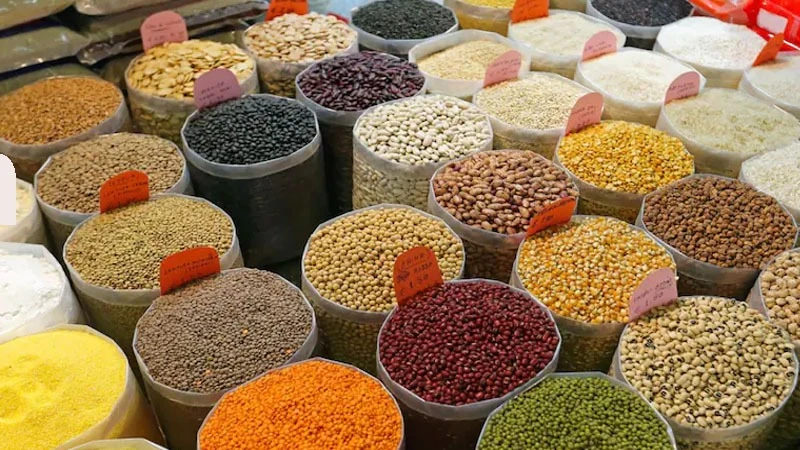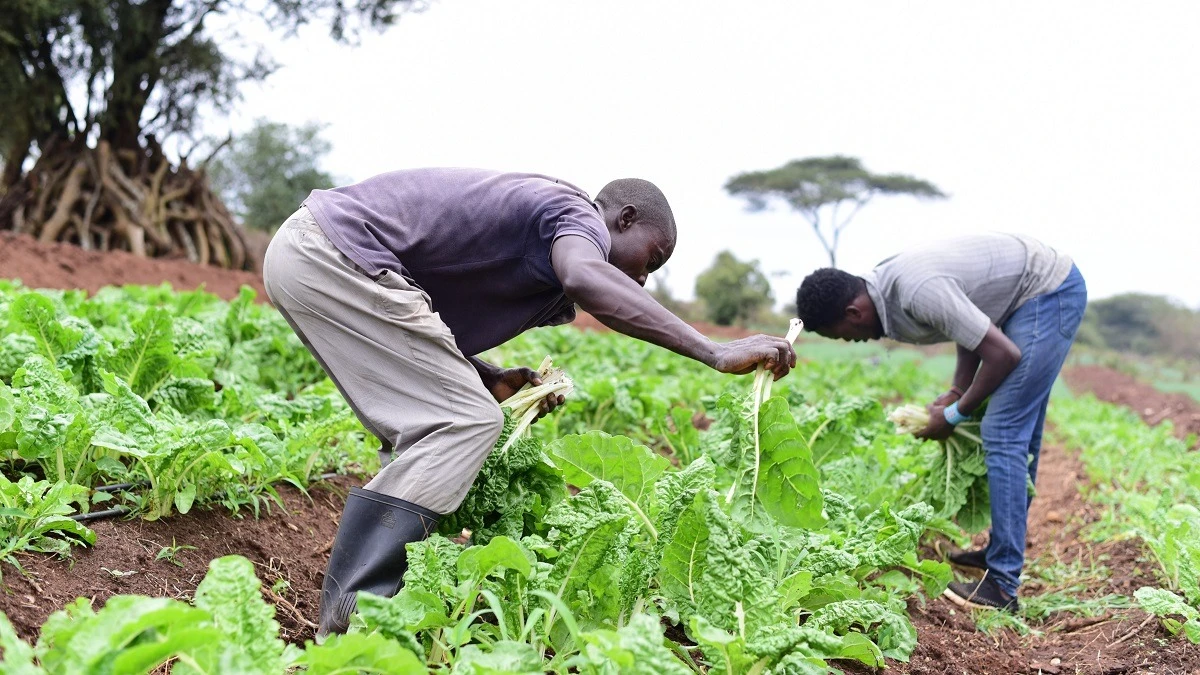Enhancing of food export standards has link to widening of commercial farming

EFFORTS by the Southern African Development Community (SADC) to foster skills on sanitary requirements demanded when exporting foodstuffs and agricultural products to the European Union market are in the right scheme of things.
As a matter of fact, this challenge ails trade within the eastern and southern parts of Africa even before the more formidable benchmarks needed in trading with the EU are considered.
The EU capacity building effort will likely spill over to regional and continental trading as, if not, sanitary and other drawbacks can impinge on other farm units by contagion or storage mixtures with bad produce.
At the start of the year, police and horticultural officers with the Tanzania Plant Health and Pesticides Authority (TPHPA) intercepted a large cargo of avocados being hauled to collection centres in northern Tanzania.
Horticultural traders trembled, trying to figure out how that would have affected market confidence had the avocados made it to India or China, the new market openings where Tanzanian traders expect to make considerable inroads.
In that case, sanitary issues are standards for the whole of the subsector, not specialised skills due to standards demanded in various crop export destinations.
Commercial farming is fast spreading out in many parts of the country as agro-sector exports increasingly rival other subsectors in foreign currency generation.
Thus, it should not be out of bounds for the government to think of making commercial farming the norm rather than a series of exceptions at the local level.
So far, there is low policy sensitivity farming on the issue because there is still a positive balance between market needs and rural farming needs, even as tensions are rising.
When the government permits unimpeded rises in the local prices of grain exports, our farmers are happy while poor urban dwellers become restive, leading to curbs in exports.
One trouble is that this impedes agro-sector investments, especially for staple grains where the country would have seen comparative advantage owing to vast areas to cultivate compared to most of our neighbours.
Limiting farm investments to fruits and vegetables where regulation is less invasive would come to a tactical compromise with investors but it would leave the main food security dimension in a limbo.
With broader mechanised commercial farming, it would be easier to fortify grains and considerably mitigate the stunting of children.
That is just not feasible with traditional agriculture and, with low investments due to curbs in exports, the subsector stands stunted.
What some policy makers do not see is that this reliance on traditional farming to provide the grain needed for food security is itself a time-bomb.
This is, in the main, because farmers don’t get enough returns, via prices, to improve their lives, while the relatively high food prices make the urban poor too sensitive to any price disturbances.
It is a stagnating scenario where farmers retain land and remain poor what with the low grain prices, and jobs are scarce as food prices impede industry, which relishes low wages to expand its local footprint.
So some of our youths run away from the land of their parents and grandparents and get no jobs from the land because their parents hold land that can be converted into capital.
Localised landholding and curbs in grain exports lead to a stunted economy and, in due course, the government likely finds itself gradually failing to respond to a whole range of pressing demands.
Top Headlines
© 2024 IPPMEDIA.COM. ALL RIGHTS RESERVED

















